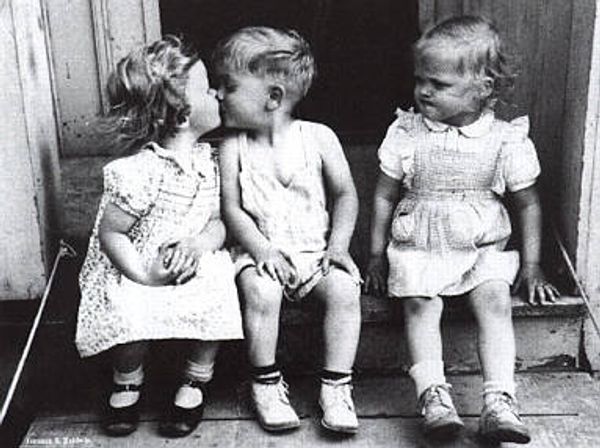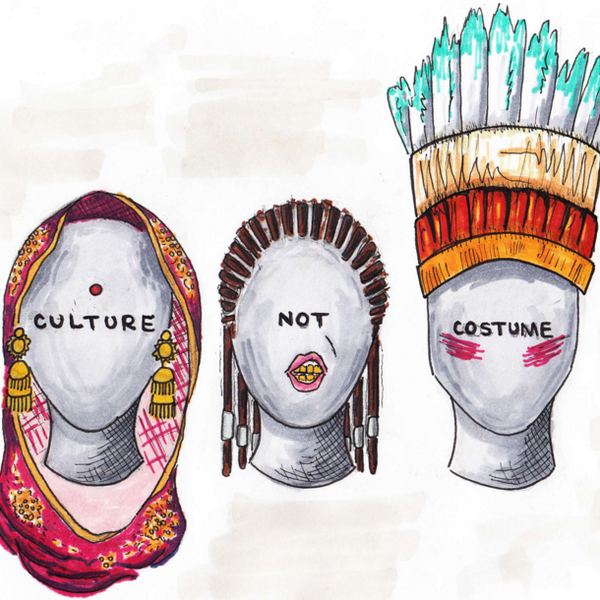In this age of political discourse, you might have heard that both conservative and libertarian voices are being censored. What most people don't know is that conservatism and libertarianism are often conflated with far-right ideologies that promote division among others, but this actually isn't the case.
Both ideologies promote the ideas of individuality, the free market, and limited government interference. Even though both ideologies advocate for the same beliefs, the terms are not interchangeable. Conservatism is defined as the commitment to traditional values and ideas with opposition to change or innovation and the holding of political views that favor free enterprise, private ownership, and socially conservative ideas.
Libertarianism is defined as an extreme laissez-faire political philosophy advocating only minimal state intervention in the lives of citizens. Topics such as national security, drugs, and immigration are where conservatives and libertarians ideas often butt heads. Despite the ideologies having their similarities, both conservatism and libertarianism harbor different worldviews.
A debate conducted by the CATO Institute and the Heritage Foundation conducted a poll among the attendees to see where they align when it comes to the differing ideologies. The top three topics that conservatives are the most concerned about are abortion (41%), foreign policy (35%), and free speech (34%). For libertarians, the top three topics of concern are free speech (47%), government spending (37%), and regulation (28%).
From what it looks like, both conservatives and libertarians are passionate about preserving the natural human right to express their views without the risk of being censored and share the top priorities when it comes to immigration (24% vs. 20%), the welfare state (14% vs. 16%), and taxes (25% vs. 24%).
When it comes to topics like foreign policy, pronoun usage, and combating the opioid crisis, things start to contrast. 82% of American conservatives believe that U.S. foreign policy has brought peace and stability throughout the globe while 86% of libertarians say that U.S. foreign policy brought more instability and chaos.
When it comes to using a person's preferred pronoun, 75% of libertarians will use a person's preferred pronouns while 73% of conservatives will use the pronoun that corresponds to the person's biological sex. This comes from the fact the 52% of conservatives believe that society shouldn't do more for the LGBT community being accepted with 20% having no opinion, and 27% saying that society has to do more. On the contrary, 55% of libertarians believe that society should do more for LGBT people being accepted into society while 24% didn't hold an opinion, and 22% disagreed.
When it comes to the current opioid crisis, 71% of conservatives want more government involvement to counteract the addiction of prescription painkillers while 14% don't want the government to combat the problem with the same percentage neither agreeing or disagreeing with the statement. On the other hand, 59% of libertarians believe that the government shouldn't be involved with combating of the drug crisis with 25% saying that the government should do something and 15% preferring neither option.
The most immense difference between these political ideologies is their opinion on the Commander-in-Chief, Donald J. Trump. 91% of conservatives approve of President Trump's handling of the country with 9% disapproving of his job. On the contrary, 69% of libertarians disapprove of Trump's handling of the country while 31% approve. This is very telling, displaying the political differences between the two ideologies and that they're not exactly identical.
Where do I fit into this? Personally, I tend to take things from both ideologies, with the conservative ideas of preserving tradition combined with the libertarian ideas of minimal government intervention. There are some things that I disagree with when it comes to both ideologies, with a majority of conservatives believing that you need to raised with religion in order to be a good person — but the truth is, you don't need religion in order to righteous — and a majority of libertarians opposing the idea of building a large border across the U.S.-Mexican border when in reality, we need to protect our country from potential threats.
Both of the ideologies want the best for the United States, but how they determine and execute their beliefs is quite different. We shouldn't fuse the conservative and libertarian ideologies as far-right because you're stepping into dangerous territory when you just assume a person's political ideology without getting to know them. You don't know how that person was raised and their beliefs might be like yours but with a little variation. Just because two groups share the same ideas doesn't mean that they belong to the same classification.



















